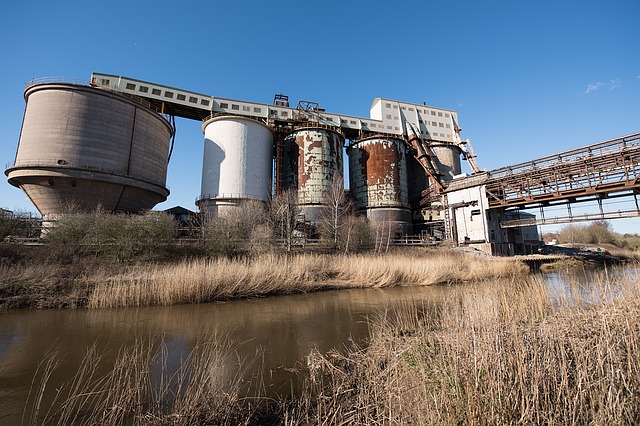INTRODUCTION
Heavy metals are trace elements that are naturally present in the Earth’s crust. Exposure to heavy metals is lethal depends on the concentration level of these pollutants. These high-density elements are toxic in nature and can lead to cancer in humans. They are persistent and are not degraded or decayed in the environment that leads to bioaccumulation in the food chain. Check out Bioaccumulation of Heavy Metals in Fish from Karachi Coast.
Release of heavy metals into the environment whether in air, water or soil causes heavy metal pollution. Human activities are responsible for increasing the concentration of these pollutants in the environment. Also check out: Impact of Heavy Metal Pollution on the Environment.
SOURCES OF HEAVY METAL POLLUTION IN PAKISTAN
Sources of heavy metal pollution in Pakistan are human activities. Underground mining, overpumping of groundwater, and gemstone mining are few examples of heavy metal pollution. There is a common/old practice of irrigating agricultural lands with wastewater in Pakistan.
There has been a sudden increase in industrial activities in the country. Industrial effluents contain chemicals and heavy metals that are released into water bodies without pretreatment. Kasur city of Pakistan is famous for tanneries. The groundwater, vegetation, and air of Kasur city are found contaminated with heavy metals. Check out more details in this article: Kasur Tanneries and Their Impact on the Environment
ENVIRONMENTAL IMPACTS OF HEAVY METAL POLLUTION IN PAKISTAN
Heavy metal pollution in Pakistan may extend to a dangerous level due to the increasing environmental crisis in the country. Metropolitan cities of Pakistan are found contaminated with heavy metal pollution.
Various researches have been conducted on heavy metal pollution in Pakistan and the level the extent to which this environmental pollution is increasing.
Published research reported that groundwater and surface water in the Punjab and Sindh provinces of Pakistan are found contaminated with heavy metals such as arsenic. Wastewater being discharged in waterways in the industrial areas of Karachi is found contaminated with Cadmium.
Highly dense cities of Pakistan such as Lahore and Faisalabad are found contaminated with higher levels of heavy metal pollution. Recent research has reported the high concentration of heavy metals in the air nearby general bus stations. Heavy metal pollution poses serious health problems among the residents of the cities.
Wastewater Irrigating agriculture lands containing heavy metals contaminate crops as well. Plants can store heavy metals leading to bioaccumulation and ultimately enters the food chain. Any animal, bird, or human feeding on that plant might face dangerous consequences of heavy metal pollution.
For more info: Environmental Toxicology Flowchart – Exposure to Excretion
A study observed the contamination of raw milk with heavy metals. The research was carried out in Multan. The crop grown on wastewater irrigated agricultural lands could be a source of heavy metal pollution. Buffalos are exposed to heavy metal pollution through contaminated fodder.
Another published research indicated the possible health effects associated with long-term exposure to heavy metal pollution. Heavy metal in the air can cause cardiovascular and respiratory diseases.
Also read: What Is Environmental Toxicology And What Are Its Branches?
CONCLUSION
Heavy metal pollution is one of the most destructive environmental problems that Pakistan is facing over decades. Increasing industrial activities around the cities and the discharge of untreated wastewater into waterways contribute to water pollution. Pakistan is already present in the list of countries that would become water-scarce in near future. Overexploitation of natural reserves, absence of surveillance, and government negligence are leading factors of increasing heavy metal pollution in Pakistan. Remediation methods can be adopted however strict compliance to the implementation of laws is what most needed by the country.
You may like to read: Aquifer Vulnerability And Groundwater Quality In Pakistan
I hope you all liked this post! Please comment below if you have any suggestions, comments, or feedback! We at #envpk love hearing from our readers! Thanks!




